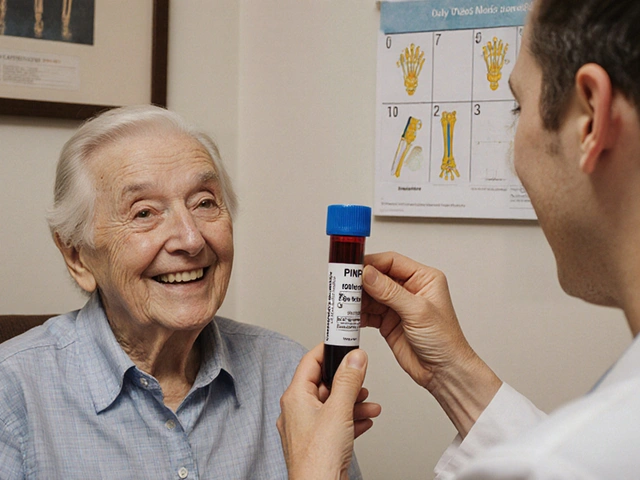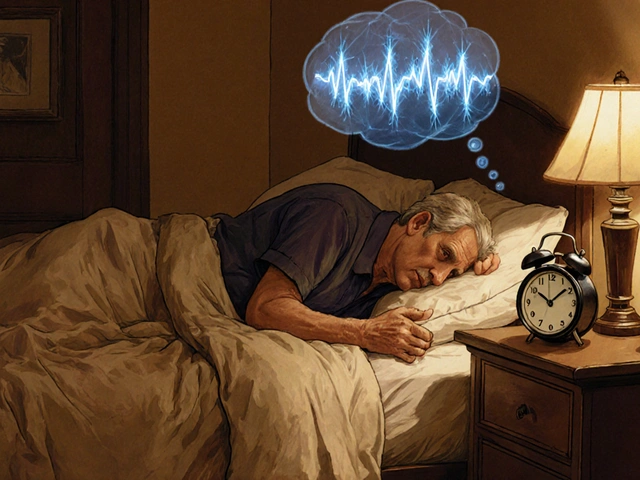Allergy Medicine: What Works, What to Avoid, and Real Options
When your nose won’t stop running or your eyes won’t stop itching, allergy medicine, a category of drugs designed to block or reduce the body’s reaction to allergens like pollen, dust, or pet dander. Also known as antihistamines, it’s the first thing most people reach for when symptoms hit. But not all allergy medicine is the same. Some work fast, others last all day. Some make you sleepy. Others don’t. And a lot of people use the wrong kind without even knowing it.
Behind every sneeze is a trigger—and behind every effective treatment is the right type of medicine. antihistamines, drugs that block histamine, the chemical your body releases during an allergic reaction. Also known as H1 blockers, they’re in pills like cetirizine, loratadine, and fexofenadine, and they’re the go-to for runny nose, watery eyes, and hives. But if your nose is clogged, antihistamines alone won’t cut it. That’s where nasal corticosteroids, prescription or over-the-counter sprays that reduce swelling and mucus in the nasal passages. Also known as steroid nasal sprays, they’re the most effective long-term solution for chronic congestion and post-nasal drip. Then there’s decongestants, short-term fixes that shrink swollen blood vessels to open up airways. Also known as nasal decongestant sprays or oral pseudoephedrine, they give quick relief but can raise blood pressure and make you jittery if used too long. You don’t need all three. But knowing which one does what keeps you from wasting money—and time.
Real allergy relief isn’t about taking more pills. It’s about matching the medicine to your symptoms. If you’re itchy and sneezy all spring? Antihistamines. If your nose is stuffed shut every morning? Nasal spray. If you only get blocked up once in a while? A decongestant for a day or two. And if you’re using OTC allergy medicine every day for months? You might need a different plan. Some people don’t realize their symptoms aren’t allergies at all—they’re sinus infections, dry air, or even side effects from other meds.
What you’ll find below isn’t a list of brand names or ads. It’s a collection of real comparisons: how one allergy treatment stacks up against another, what doctors actually recommend when the first option fails, and when to stop guessing and start getting answers. From workplace triggers to hidden side effects, these posts break down what works, what doesn’t, and why so many people are stuck in the same cycle—buying the same medicine over and over, hoping it’ll finally work.
Cetirizine vs Levocetirizine: Which Causes Less Drowsiness and Why
Cetirizine and levocetirizine treat allergies equally well, but levocetirizine causes less drowsiness. Learn why the chemical difference matters and which one is right for you.
Read





